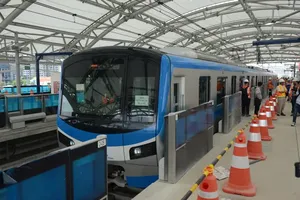
Of which, there are 195 public enterprises which are not originated from state-owned enterprise equitization but still late in listing, including Saigon – Hanoi Insurance Joint Stock Corporation, Vietnam National Aviation Insurance Corporation and Nghe An Energy Development Joint Stock Corporation. There are also banks that have not been listed on the stock market, such as Vietnam Thuong Tin Commercial Joint Stock Bank, Vietnam Public Joint-stock Commercial Bank and Petrolimex Group Commercial Joint Stock Bank.
In addition, there are 218 enterprises originated from equitization of state-owned enterprises, including Transport Engineering Design Inc., Vietnam National Vegetable, Fruit and Agricultural Product Corporation Joint Stock Company and Civil Engineering Construction Corporation No.1 also delayed their listings. Especially, there is a garment and textile firm that has been equitized for more than 10 years or an alcoholic drink producer that has also been equitized for a long time but their stocks have not been listed on the stock exchange as prescribed, causing resentment among shareholders.
According to experts, the reason that makes enterprises delay their listings is that sanctions against violating enterprises are not strict enough. Although late listing and trading registration greatly affect legal rights and interests of shareholders and the market’s publicity and transparency and limit the society’s supervision to the operation of these enterprises.
Therefore, experts said that the fact that enterprises delay listings contains many risks for investors. Late listings will provide time for non-transparent transactions among the members of the board of management, causing negative impacts on both investors and shareholders.
























